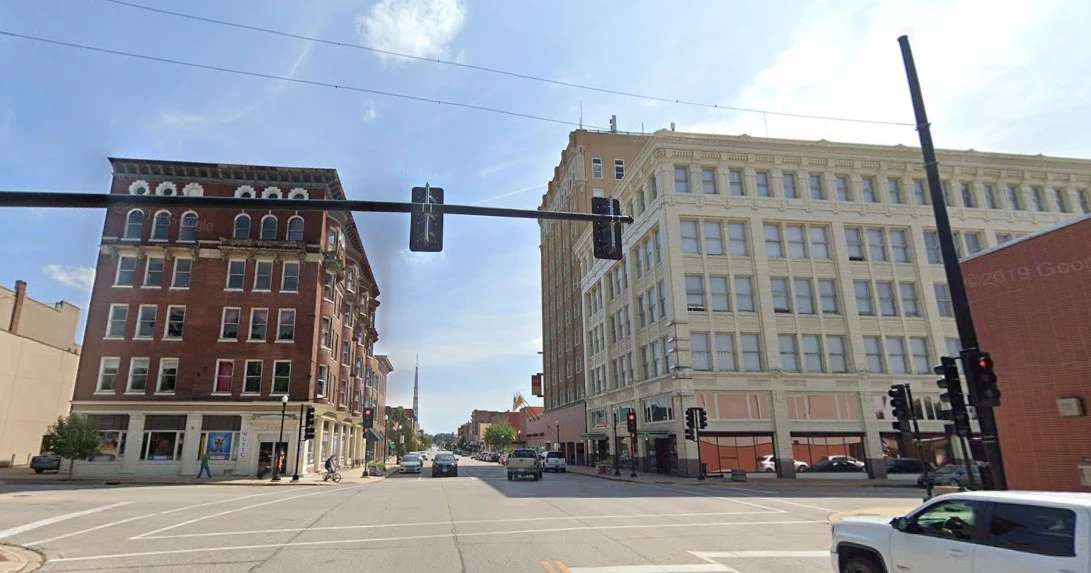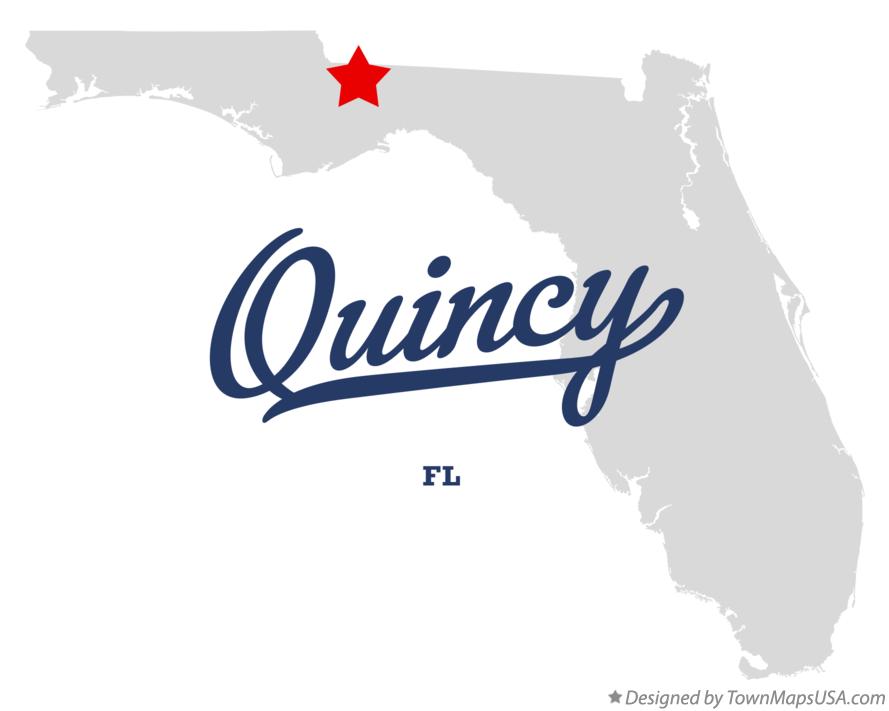
During his administration, Quincy strengthened and centralized the authority of the mayor's office and professionalized and modernized employment practices in the newly incorporated city. Quincy's greatest impact as a public servant was as mayor of Boston from 1823 to 1828. He continued his opposition to the War of 1812, opposed slavery, and spoke out against the domination of the government by the "slave power." He was a delegate to the Massachusetts Constitutional Convention in 1820, became a member of the Massachusetts House of Representatives in 1821, and served as a judge on the Municipal Court of Boston.

Returning to political life in Massachusetts, Quincy was elected to the State Senate in 1813, serving until 1820. He left Congress in 1813 after voting against war with Great Britain. During his career in Congress, Quincy was constantly challenging the Republican administration but without much effect. The Republican Party led by Thomas Jefferson and James Madison were in the ascendancy and the Federalist Party was in decline. Known as a "ranting Federal spouter," Quincy's congressional career was disappointing. Winning election to Congress, Quincy spent the next eight years in Washington, D.C. In 1804 he was elected to the Massachusetts State Senate and ran for Congress again in the Ninth Congressional district. An ardent Federalist, he ran for the United States Congress in 1800 but was defeated. Public ServiceQuincy was elected to the Boston Town Committee in 1795. Nevertheless, Quincy decided to pursue a political career and never seriously practiced law. 1793) Quincy entered upon a legal apprenticeship and was admitted to the Massachusetts Bar. Quincy followed in the footsteps of many family members when he chose to pursue his college studies at Harvard University. At the age of six, Quincy was sent to study at the Phillips Academy in Andover, Massachusetts under the tutelage of his uncle, the Reverend Samuel Phillips. When Quincy's father died in 1775, he was raised by his mother and grandfather, Colonel Josiah Quincy. Quincy's father was a lawyer and revolutionary war pamphleteer.

Quincy was born into a wealthy family whose members were judges, elected representatives, and militia officers. and Abigail (Phillips) Quincy on Februin Boston, Massachusetts. Early Life and EducationJosiah Quincy was born to Josiah Quincy Jr. He was also a politician, serving as a Federalist congressman, Boston mayor, Massachusetts municipal court judge, and Massachusetts state representative and state senator.

Introduction Josiah Quincy (1772-1864) was President of Harvard University from Januto August 27, 1845.


 0 kommentar(er)
0 kommentar(er)
